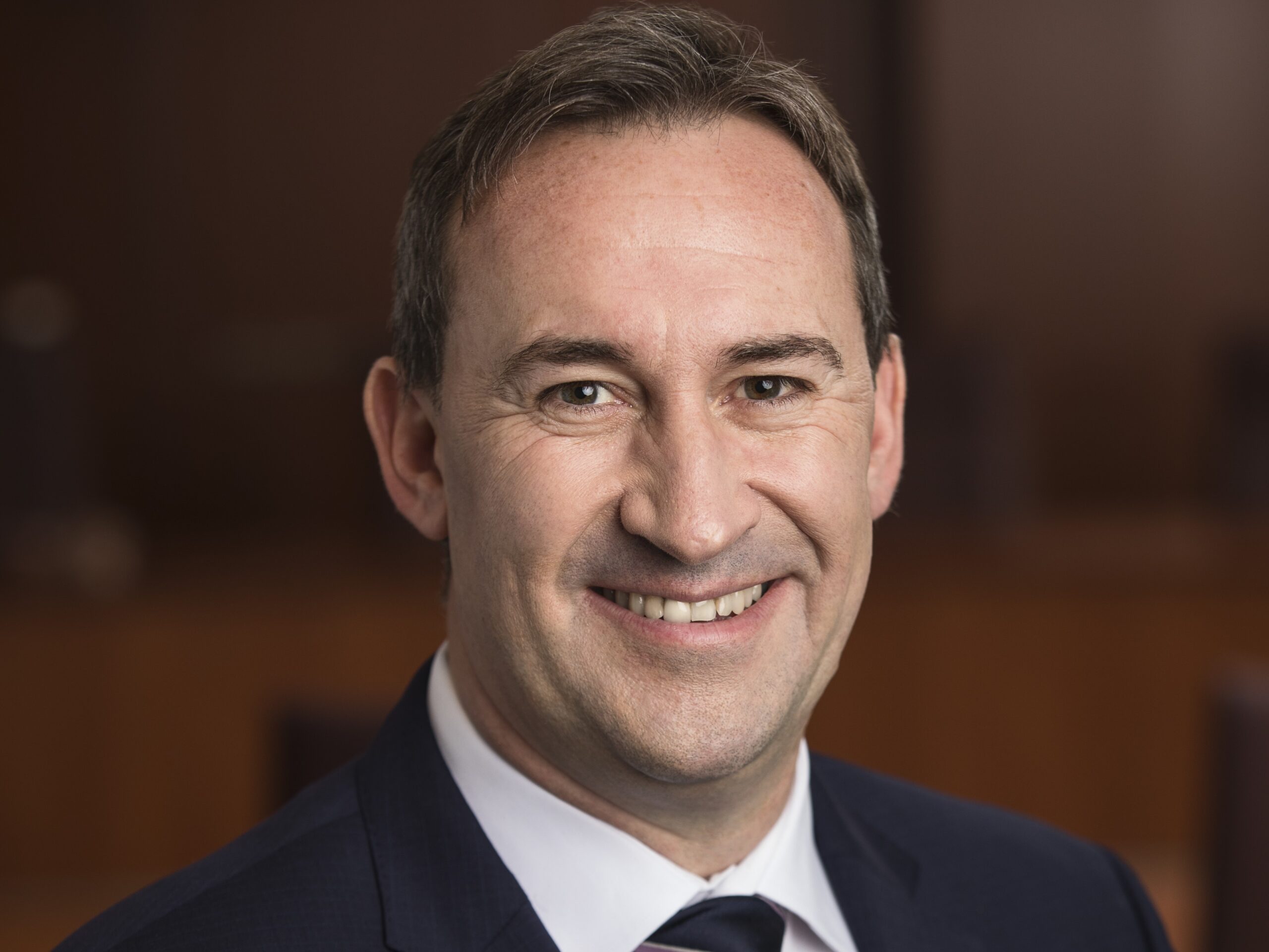Risk Insider: Jack Hampton
The Changing Concept of Privacy
Classical Chinese Mandarin had no word that conveyed the modern meaning of privacy. Its closest term conveyed a message close to “shameful secret,” as when a person wanted to hide a disgraceful behavior from others.
Everybody knows the meaning of “privacy.” It is freedom from being observed or disturbed by others. Legally, it is a right to control access to our personal information.
Is the issue of privacy about to change as a major theme in our society?
We can ask German Chancellor Angela Merkel, “Did you feel violated when you learned the U.S. National Security Agency listened to and recorded your cell phone conversations?”
We could contact 32 million members of Ashley Madison, the commercial website that facilitates discreet sexual affairs for married adults. Did bad things happen after the release of their full names, home addresses, and credit card transactions?
We might be curious about what happened to Ashley Madison’s clients in Saudi Arabia where adultery is a crime punishable by death.
Curiosity is one thing. Managing the exposure from a privacy breach is a potential disaster.
Risk managers are concerned about privacy violations that increasingly are coming from out of nowhere. We should be concerned too.
Ask Erin Andrews, the ESPN reporter who was videotaped naked in her hotel room. A jury verdict was $55 million from Marriott for violation of privacy.
You can’t ask Tyler Clementi, an 18-year-old student at Rutgers University. He jumped to his death from the George Washington Bridge after his roommate used a webcam and shared an Internet video of Clementi kissing another man.
Privacy violation is big business. The collection of our private data is a $300 billion-a-year industry employing millions of people in the United States. They gather information without regard to how it will be used. They digitally scour Facebook for information about people going on vacation, match it with email addresses, and sell it to vendors in destination locations who promote events for tourists. Unintentionally, the information can wind up in the hands of burglars who break into empty homes.
Elsewhere, recruiters uncover personal data not volunteered in applications for employment. Unscrupulous proprietary schools identify financially struggling students and put them into debt pursuing programs they will not complete.
The quest for sensitive data and other secrets is part of a new discipline called “business analytics.”
Privacy violation is big business. The collection of our private data is a $300 billion-a-year industry employing millions of people in the United States. They gather information without regard to how it will be used.
The definition is quite harmless. It refers to continuous and repeated exploration and investigation of data to improve performance.
It uses the availability of the massive amount of data collected by companies, governments, and other parties who have little or no respect for privacy.
The situation is complicated because we actually train people to violate privacy. Business analytics is a “hot” academic program on college campuses. Students learn how to pore through our personal lives to create “meaning” that will be used for or against us by complete strangers.
What is the reality of personal privacy? It’s gone.
Politicians use business analytics to find friendly voters. The media tracks down hidden stories that inform, entertain, or titillate. Lawyers pursue clients. Employers dig for conflicts of interest. Netflix manages its business based on our viewing patterns.
Everybody is sharing the data. Nobody is taking much time to respect privacy.
We might conclude with a mission statement that could apply to a modern company.
“We have to be forthright with our customers. We must earn their confidence. We have to show them we care about them and will protect them. Then, we can find their shameful secrets and invade their privacy.”









